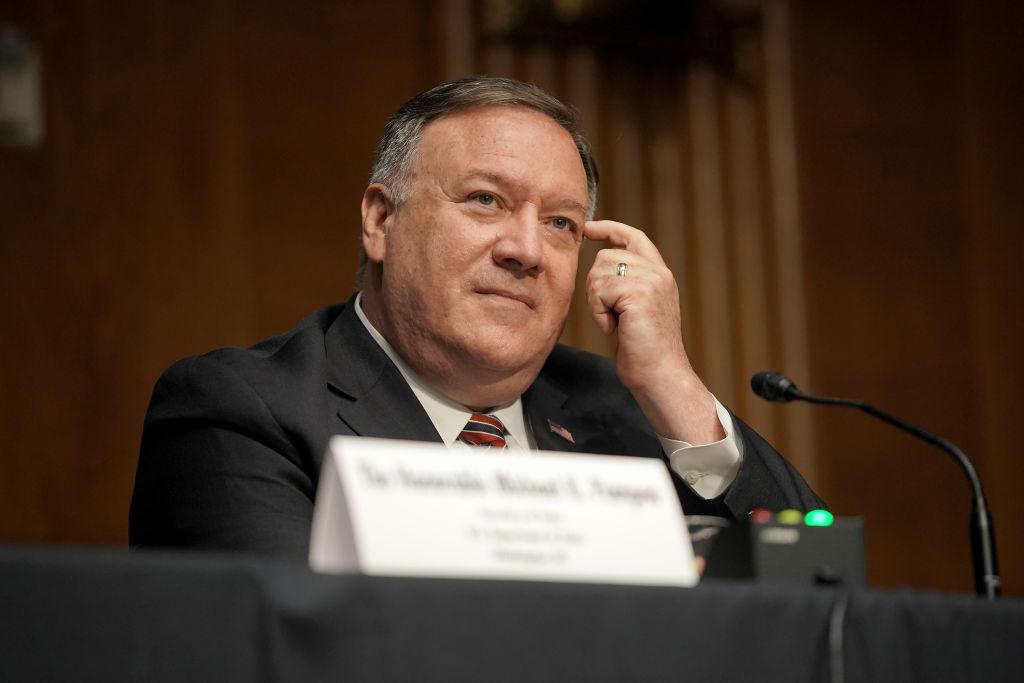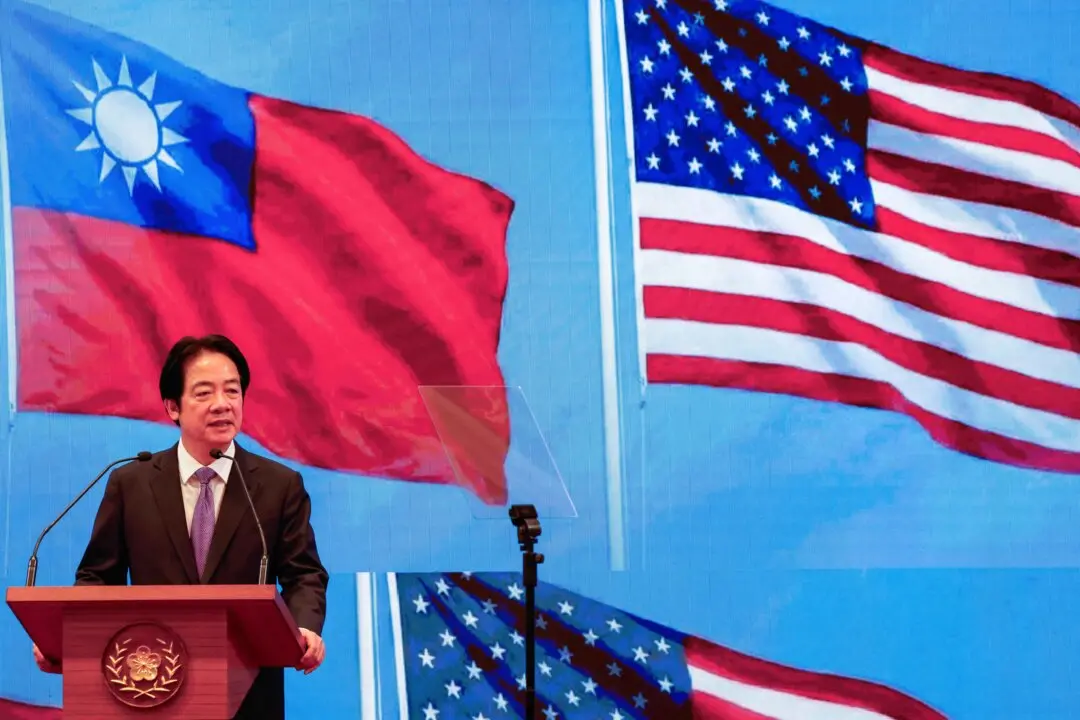Secretary of State Mike Pompeo called on American tech companies to remove “untrusted” Chinese apps from their stores, while outlining the administration’s “clean network” initiative to safeguard U.S. interests.
Pompeo’s call—aimed at Apple and Google for their app stores—came as the Trump administration compelled popular video-sharing app TikTok to find an American buyer, citing security concerns. U.S. tech giant Microsoft confirmed it was in talks to buy TikTok from its Beijing-based owner ByteDance.




